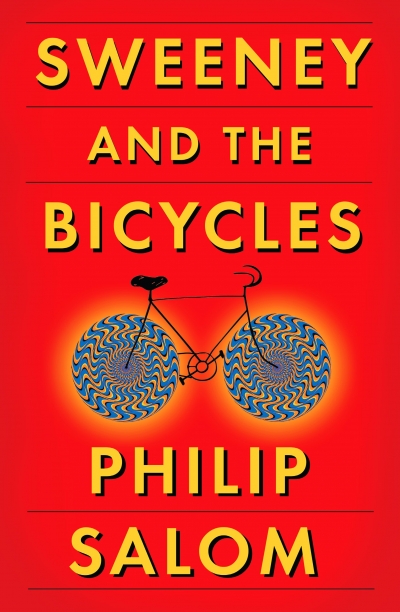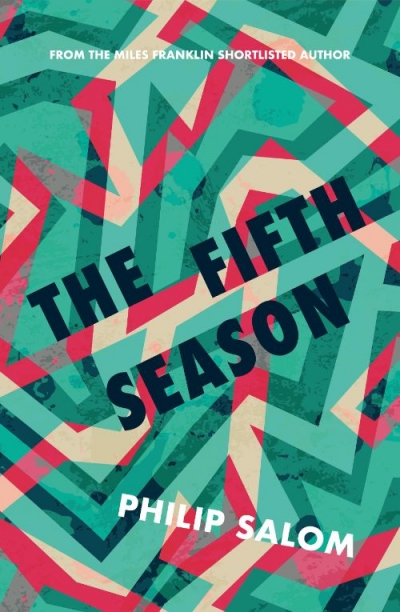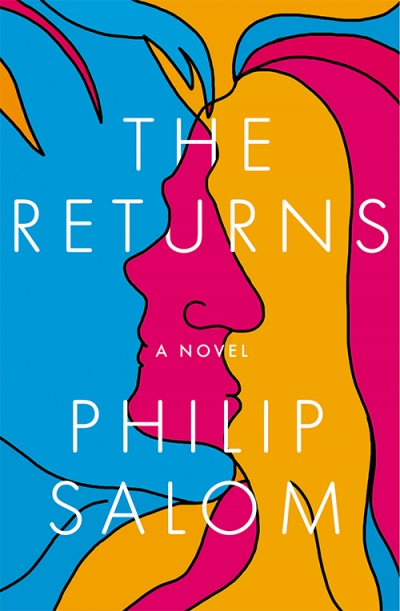Philip Salom
'A Vladimir Taxonomy', a new poem by Philip Salom.
... (read more)Selected Poems by Andrew Taylor & New and Selected Poems by Philip Martin
The Keeper of Fish by Alan Fish (edited by Philip Salom) & Keeping Carter by M.A. Carter (edited by Philip Salom)
Son-biography: which are deft or lived things
which have jumped from him without genes.
Passions, eccentricities, duty? I don’t believe
Lamarck, but I left his Quiet for her Talk,
nagging the life out of things, worsened it
word-wise, garrulous, and then heavied it
because Saloms drink, his side, but genes,
though he didn’t, and she offered her whole
life to the sobriety of wives. He voted sober
but gave me his black-sheep toss-the-world
bushiness, which I took as city, and poetry.
He said I was a fraud, which meant I didn’t
Taken as Required
by Ynes Sanz
An age ago, ill-matched,
ignorant but willing,
we set the rules.
‘Step by Step’, we said. ‘No Bullshit.’
Today, thinking of something else
I stumbled across the grey metal bracelet
you looped over that stick of a wrist
where your thin blood stained the skin
to resemble an antique map or a bad tattoo
(like the one they inked on for that photo shoot in the ’50s).








